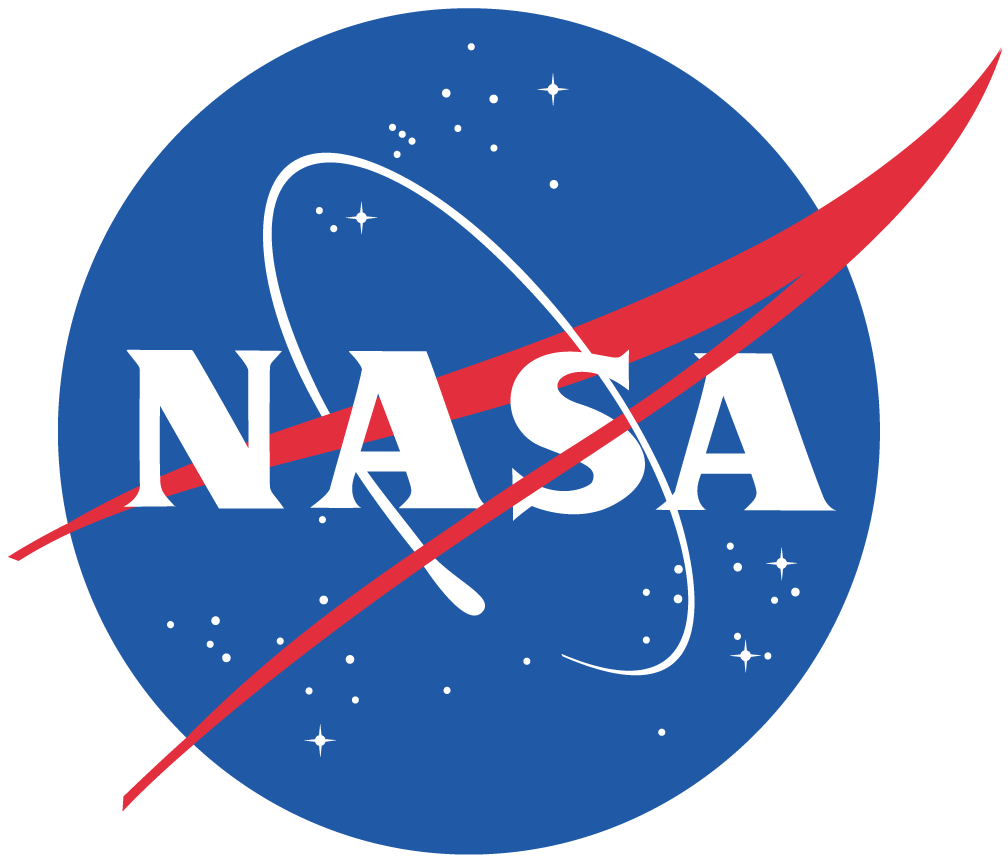China on Wednesday announced its biggest hike in military spending in
three years, with its defence budget set to cross $ 130 billion in the
coming year.Chinese military analysts explained the 12.2 per cent hike as driven by
the need to counter a "high risk security environment" in the region,
marked in recent months by rising territorial tensions with many
neighbours.A draft budget report, which is expected to be approved during the
week-long annual session of the National People's Congress (NPC) or
Parliament, which opened here on Wednesday morning, proposed a 12.2 per
cent hike in defence spending to 808.2 billion Yuan, or $132 billion.This reflected an $ 18 billion rise from the previous year, when the
budget rose by 10.7 per cent, and the highest percentage increase since
2011, when spending was hiked by 12.7 per cent.
While Chinese officials said the increase was in keeping with the size
of China's growing economy and in line with what most countries spend in
terms of percentage of GDP, the 12.2 per cent hike is certain to stir
the attention of the region, and particularly China's neighbours.China's spending now dwarfs that of most countries in the region, and is
second only to the United States, which spends more than $ 600 billion
on defence.Last month, India announced a 10 per cent hike in military spending
during the interim budget. On account of the weakening rupee, however,
India's effective defence spending in dollar terms actually fell from
last year, down to $ 36.2 billion from $ 37.5 billion."There is a yawning gap emerging in the conventional capabilities
between China and India," warned Brig. (Retd) Arun Sahgal, Director of
the Forum for Strategic Initiative in New Delhi."This asymmetry is increasing by the day, and the fundamental point is
that the Chinese, because of a strong economic position and a very
definite plan, are focused on military modernisation".Chinese Premier Li Keqiang, who presented the government's annual report
to the NPC's opening session, vowed to carry out "coordinated planning
for military preparedness in all scenarios" and to push the development
of "new and high technology weapons and equipment". He said China would
also enhance border, coastal and air defences and "place war
preparations on a regular footing".At the same time, his work report said China would "advance
neighbourhood diplomacy" and "speed up" infrastructure links with
neighbours. Mr. Li specifically highlighted the on-going plans to build a
Bangladesh-China-India-Myanmar (BCIM) economic corridor, a "maritime
silk road" linking Asia and the Indian and Pacific Oceans, and a
corridor linking China and Pakistan as priorities.Chinese military analysts explained the defence hike as a response to
China's challenges in the region, such as on-going territorial
differences with Japan over East China Sea islands, and recent disputes
in the South China Sea."In order to protect the country and safeguard regional peace and
stability, China has to enhance its national defence," said Chen Zhou, a
researcher with the People's Liberation Army's Academy of Military
Sciences and a member of the NPC, adding that China was facing
"increasing strategic pressure" with some countries in Asia "speeding up
strategic adjustments and strengthening military alliances", in a
reference to the U.S. "pivot"."The comparatively low level of input into national defence, coupled
with a high-risk security environment, dictates that we must raise our
defence budget on a moderate scale," he told the official Xinhua news
agency.Asked about fears voiced by some countries in the region, such as Japan,
about China's military spending, Qin Gang, the Foreign Ministry
spokesperson, said the PLA was not made up of "boy scouts with spears"."Some foreigners always expect China to be a boy scout. In that way, how
can we safeguard national security and world peace? Even as a scout
grows up, his former dress and shoes will not fit anymore and thus he
will have to change into bigger ones," he said.The spending hike will, nevertheless, likely raise concerns, analysts
say, as the gulf in military capabilities continues to widen even as
territorial disputes remain unresolved.Brig. (Retd) Sahgal said with the increased spending, China's "coercion index" vis-à-vis countries like India had increased."In India, unfortunately, the last decade has been a lost decade," he
said. "The Chinese are now increasing their budget by the total Indian
defence budget. In the past four years, there hasn't been a single
purchase, or modernisation of the three services, while our equipment is
getting depleted. What we are seeing," he added, "is that we are now
getting out of their league".




